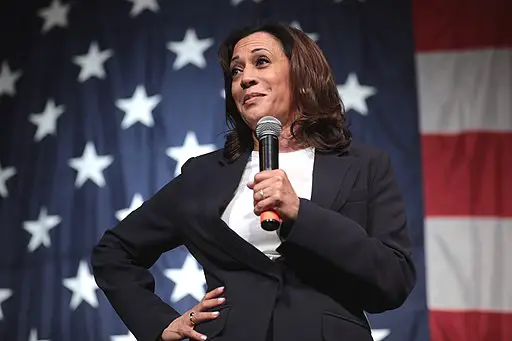Kamala Harris Weighs California Governor Bid as White House Prospects Dim
After her 2024 loss to President Donald Trump, former Vice President Kamala Harris has remained largely out of the spotlight—but with California’s 2026 gubernatorial race approaching, insiders say a run for governor may offer her the clearest path forward.
Though Harris hasn’t confirmed her intentions, she’s expected to announce a decision by the end of the summer. Political observers suggest that running for governor of her home state could revitalize her career, while another presidential run in 2028 appears far less likely.
“Kamala Harris’ story isn’t over,” said Thad Kousser, political science professor at the University of California, San Diego. “But it’s unlikely her next chapter will be another presidential campaign. The Democratic Party is still searching for its post-2024 direction, and it may not rally behind the candidate who just lost.”
A Polling Advantage—With Caveats
A recent UC Irvine poll shows Harris would enter the governor’s race as a frontrunner, but with only modest support. Just 25% of Californians say they would vote for her, and when pitted against an unnamed Republican, Harris leads with 41%, while 29% back the GOP candidate. Sixteen percent remain undecided, and 14% say they wouldn’t vote.
“She’d start with a significant advantage, but it’s far from a guarantee,” said Jon Gould, dean of UC Irvine’s School of Social Ecology. “There’s room for others to challenge her.”
Kousser added that Harris’s progressive record might play better in California than it did nationally. “What hurt her in a national campaign could actually be an asset in deep-blue California,” he said.
The Presidential Path Looks Tougher
Still, Harris’s political future remains uncertain. Nationally, she trails behind other Democrats in early 2028 polling, including former Transportation Secretary Pete Buttigieg. A Morning Consult poll in June gave Harris 34% support in a hypothetical primary, compared to 11% for Gov. Gavin Newsom and 7% for Buttigieg—but many voters remain undecided.
Costas Panagopoulos, a political science professor at Northeastern University, warned that a failed presidential run can carry lasting damage. “It can leave a mark,” he said. “Even in a state-level race, that kind of loss can dampen enthusiasm and fundraising.”
Grant Reeher, a political scientist at Syracuse University, was even more blunt. “Her national future looks dim,” he said. “She struggled to connect with voters and answer key policy questions during the campaign. And she’s closely tied to Joe Biden, whose mental fitness was questioned late in his term.”
Recent accounts of Biden’s alleged cognitive decline have also raised new scrutiny about Harris’s role during his presidency. “Either she knew and said nothing, or she was completely out of the loop—neither option inspires confidence,” Reeher said.
What’s Next?
Though Harris may still harbor national ambitions, experts say her best move may be staying involved in party politics and supporting the 2028 Democratic nominee—possibly landing a Cabinet role if Democrats reclaim the White House.
Back home in California, voters may be more forgiving. But nationally, many see her as having had her chance.
“Harris has near-total name recognition,” Panagopoulos said, “but Democratic voters might be looking for new faces by 2028.”


